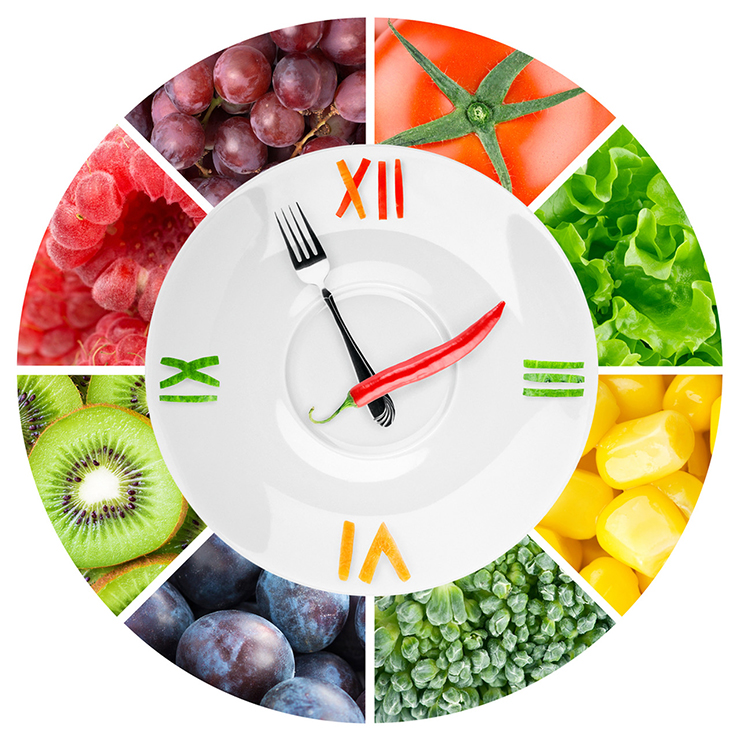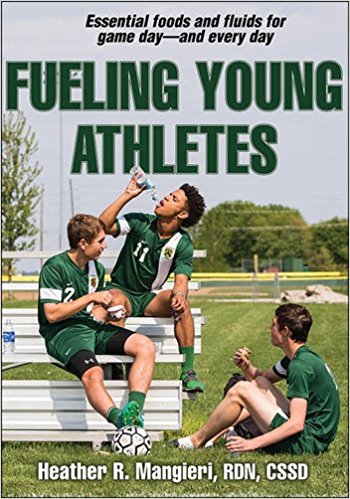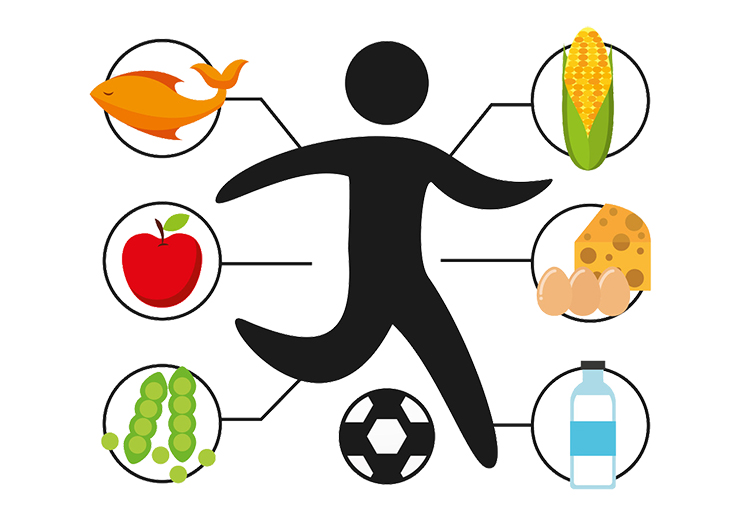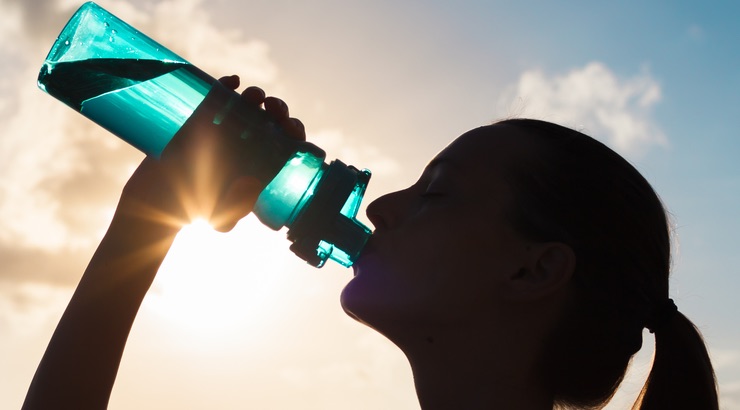Hydration & Nutrition Time Management During Game Preparation from Heather Mangieri
The countless pre-game regiments for a player preparing for a match requires accountability by the athlete — as they take their development to the next level.
To be your best on the soccer field requires you to fuel your body properly.
The physical requirements of being a soccer player — at any age — is dramatically impacted by how you fuel your body. Heather Mangieri, MS, RDN, CSSD, LDN — Author of FUELING YOUNG ATHLETES and CEO/Nutrition Consultant at Nutrition CheckUp — was just interviewed on the importance of hydration and the best foods to eat before and after playing on the pitch.
 Related Article — Soccer Lovers Book Review: Fueling Young Athletes
Related Article — Soccer Lovers Book Review: Fueling Young Athletes
Being a youth soccer player is not always easy. Dashing from school to the field and grabbing a bite along the way, multiple soccer games over the weekend, late night practices when others are eating a family dinner, demanding league schedules are just a few of the challenges.
Now add the desire to be your best and perform at peak levels — and the demand for smart nutrition takes a big, critical role.
While all athletes should always try to maintain proper hydration and understand the importance of time management when it comes to meal consumption during game day, often this information is confusing and unclear — even for parents.
SoccerToday spoke with Nutrition Consultant Heather Mangieri whose new book

FUELING YOUNG ATHLETES gives clear and useful advice for teenagers as well as youth soccer players of all ages.
Diane Scavuzzo: What should teenage athletes, in particular soccer players, eat prior to a game when playing a soccer game?
Heather Mangieri: Even if practice is first thing in the morning, athletes should eat before they compete. What that meal looks like depends on how much time the athlete has before the event starts.
The more time, the more food. The less time, the less foods.
Ideally, the meal should consist of complex carbohydrates, protein and even a bit of fat. As the time shortens to only an hour or less, the fat and the protein content of the meal should decrease.

If there’s only 30 minutes before the start, choose something quick to digest such as a piece of fruit, a sports drink or a few rice cakes.
The best pre-workout food choice not only depends on how much time you have prior to the start, but also the individual preference of the athlete. Some athletes prefer liquids, so a milk, sports drink or smoothie is the best while others do just fine with solids foods.
The most important consideration is timing.
Keep the fat and fiber low as you get closer to the start because those two nutrients require slow digestion.

Diane Scavuzzo: What about it playing a match in hot weather?
Heather Mangieri: Healthy hydration is always important, but especially when playing soccer in extreme temperatures.
Focus on fluids but also on foods that are hydrating. Soup, fruit, smoothies, milk, juice, sports drinks and yogurt are great ways to incorporate adding fluids into your daily meal plan without drinking more water.

Diane Scavuzzo: When should players start hydrating — especially for a tournament?
Heather Mangieri: Hydration begins first thing in the morning and continues all day long, every day
It’s difficult to maintain an optimal hydration status throughout an entire soccer game, especially in hot temperature.
To prevent dehydration, start sipping fluids throughout the entire day so that you start the event well-hydrated.
Then sip 3-8 ounces (that equates to 3-8 gulps) every 20 minutes for younger athletes and 8 ounces every 15 minutes for adolescent athletes.
Hot and humid weather can pose a significant risk for dehydration.

Athletes participating in longer duration events such as soccer matches may benefit from an electrolyte-supplemented beverage too.
Sports participation in the heat can increase sweat loss, which means an increase in sodium and potassium losses. These losses should be replaced to maintain fluid balance and reduce the risk of dehydration and heat stroke.
Diane Scavuzzo: Is an old wives tale that are oranges not good to eat before a game? I know they are a regular half time snack for many recreational youth soccer teams!
Heather Mangieri: Oranges are one of many great pre-workout foods because they are a source of quick digesting carbohydrates (sugars) and are also hydrating.
Fueling Young Athletes by Heather R. Mangieri is a GREAT READ. Available at Amazon.





